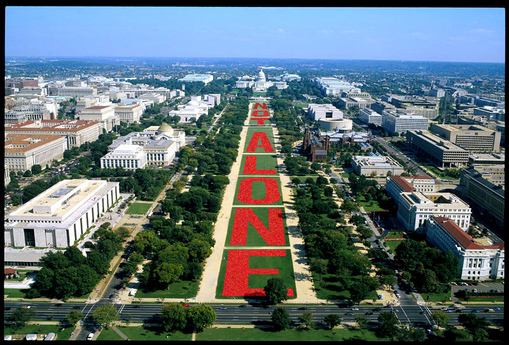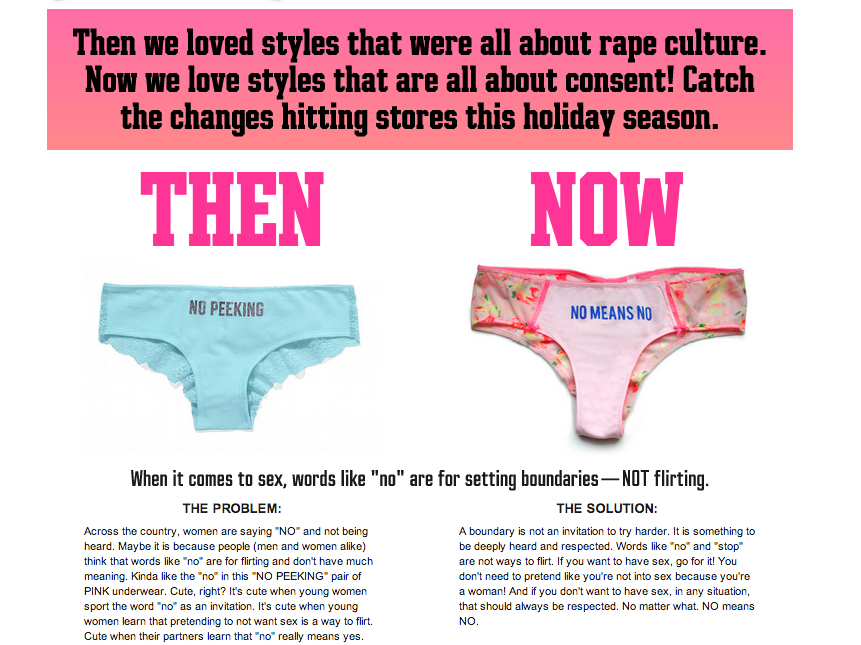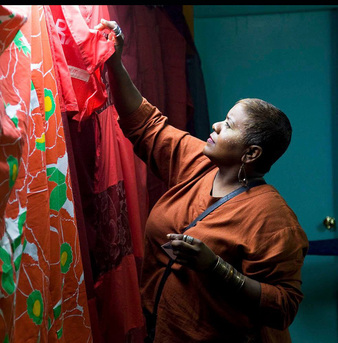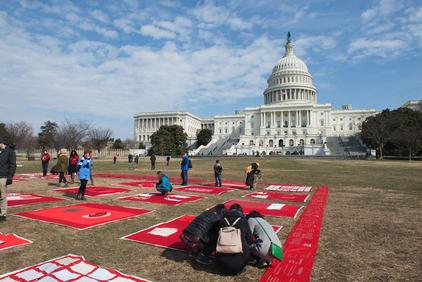|
4/25/2014 Healing Relationships By Hannah Brancato and Rebecca Nagle Co-Founders of Force: Upsetting Rape Culture See the Triumph Guest Bloggers Force: Upsetting Rape Culture is a creative and activist effort to upset the dominant culture of rape and promote a counter culture based on consent. As researcher Leah Boison states, we believe that rape is not a personal problem to be dealt with individually, but rather a societal problem that should be dealt with publicly. Force chooses to get people thinking through imagination grabbing actions like Pink Loves Consent or Playboy’s Top Ten Party Commandments. By pretending to be Victoria’s Secret promoting a line of consent themed underwear, or reinventing Playboy’s annual party school guide as a guide to a consensual good time, we mobilize new audiences affected by sexual assault to envision what steps they might take to change the social norms that engulf each of us. The actions encourage people to refuse to accept coercion and force as normal. In addition to capturing people’s imaginations, we know that building relationships, on the personal level and on the communal level, is an essential element in transforming rape culture. In her book, Trauma and Recovery, Judith Herman wrote, “The core experiences of psychological trauma are disempowerment and disconnection from others. Recovery, therefore, is based upon the empowerment of the survivors and the creation of new connections. Recovery can take place only within the context of relationships; it cannot occur in isolation.” Consent forms the basis for healing relationships in which exchange, communication, and negotiation are foundational. In a culture of consent, how we feel matters more than how we look. Consent culture means that openness and communication about sexual pleasure are the norm. In consent culture, people think about communicating about sex as hot, not awkward. Sexual partners accept “no” without question, and know that only enthusiastic, verbal consent means yes. Checking in with your partner about boundaries is just as normal as using a condom. Consent culture stands in opposition to the culture of rape that surrounds us. In rape culture, shaming survivors for their experiences is commonplace, both by the media and by communities. The criminal justice system does not adequately serve survivors, and the most oppressed people in this country have little to no access to justice and resources. Coercive and controlling relationships set the standard for young people, passed from generation to generation. Gender norms are restrictive and unrealistic. These factors add up to create an attitude that sexual and dating violence are unsolvable problems. It adds up to a culture that does not believe that domestic and sexual violence will ever really end. So how can we get from here- a culture entrenched is victim blaming and the public shaming of survivors- to a blissful, pleasurable culture of consent? How can people learn to believe that rape can and must end? As we work to make consent the norm through education, public messaging, and campaigns that normalize talking about sex, we also need to work to uplift survivors of sexual assault. We need to become trauma literate. After their assault is over, survivors of rape and abuse are often re-traumatized by sex, by invasive or controlling friends and family, by victim blaming statements, or silencing actions from our culture at large. If we were more trauma literate, communities, friends, family members and loved ones could avoid deepening and reinforcing trauma. On an individual level, we can be purposeful about always asking first, and always checking in with our lovers about boundaries. We can ask our sexual partners what they do not like, and what is triggering to them. We can respect their “no.” With friends and family, we can take care of each other and we can be patient, remembering that everyone’s healing process is different. We can learn about how PTSD works and remember that when people are sexually assaulted, their ability to control their own bodies is snatched away. As a community, we can create spaces where survivors can talk about their experiences, and be heard instead of being silenced. We can be witnesses, listening without judgment and without offering our opinions and advice. On a cultural level, we can refuse to tolerate victim blaming and public shaming of survivors, instead, putting our energy into building support for survivors. We can learn to recognize victim blaming and call it out when we see it. The Monument Quilt, Force’s most recent project, is one platform for this multi-tiered process of healing for not just individuals, but our culture as a whole. To create a new model for community response to rape, we are gathering a crowd-sourced collection of thousands of stories from survivors of rape and abuse. The Monument Quilt provides a participatory platform through which people can share their stories while working together to forever change how people in the US respond to rape. The quilt is being displayed in cities and towns across the country, leading up to a final display on the national mall, with the quilt squares stitched together to spell “Not Alone.” By constructing public space for healing, the quilt is creating a new reality. The quilt is based on a simple idea: that we can change our culture by centering the experience of survivors, and as a community, by learning from survivors about their experience, instead of telling them what they need. We can only build healing relationships by listening and by having spaces where we are heard.
You can get involved by hosting a workshop, or by creating your own quilt square. We need everyone to help by spreading the word by sharing the project on social media! You can find us on twitter @upsettingrape and at facebook.com/upsettingrapeculture. To make a financial contribution and help us go on tour with the Monument Quilt this summer, including a stop in Durham, NC, check out Force’s kickstarter campaign: https://www.kickstarter.com/projects/upsettingrapeculture/the-monument-quilt-tour Comments are closed.
|
Archives
July 2024
CategoriesAll About Intimate Partner Violence About Intimate Partner Violence Advocacy Ambassadors Children Churches College Campuses Cultural Issues Domestic Violence Awareness Month Financial Recovery How To Help A Friend Human Rights Human-rights Immigrants International Media Overcoming Past Abuse Overcoming-past-abuse Parenting Prevention Resources For Survivors Safe Relationships Following Abuse Schools Selfcare Self-care Sexual Assault Sexuality Social Justice Social-justice Stigma Supporting Survivors Survivor Quotes Survivor-quotes Survivor Stories Teen Dating Violence Trafficking Transformative-approaches |
Search by typing & pressing enter







 RSS Feed
RSS Feed